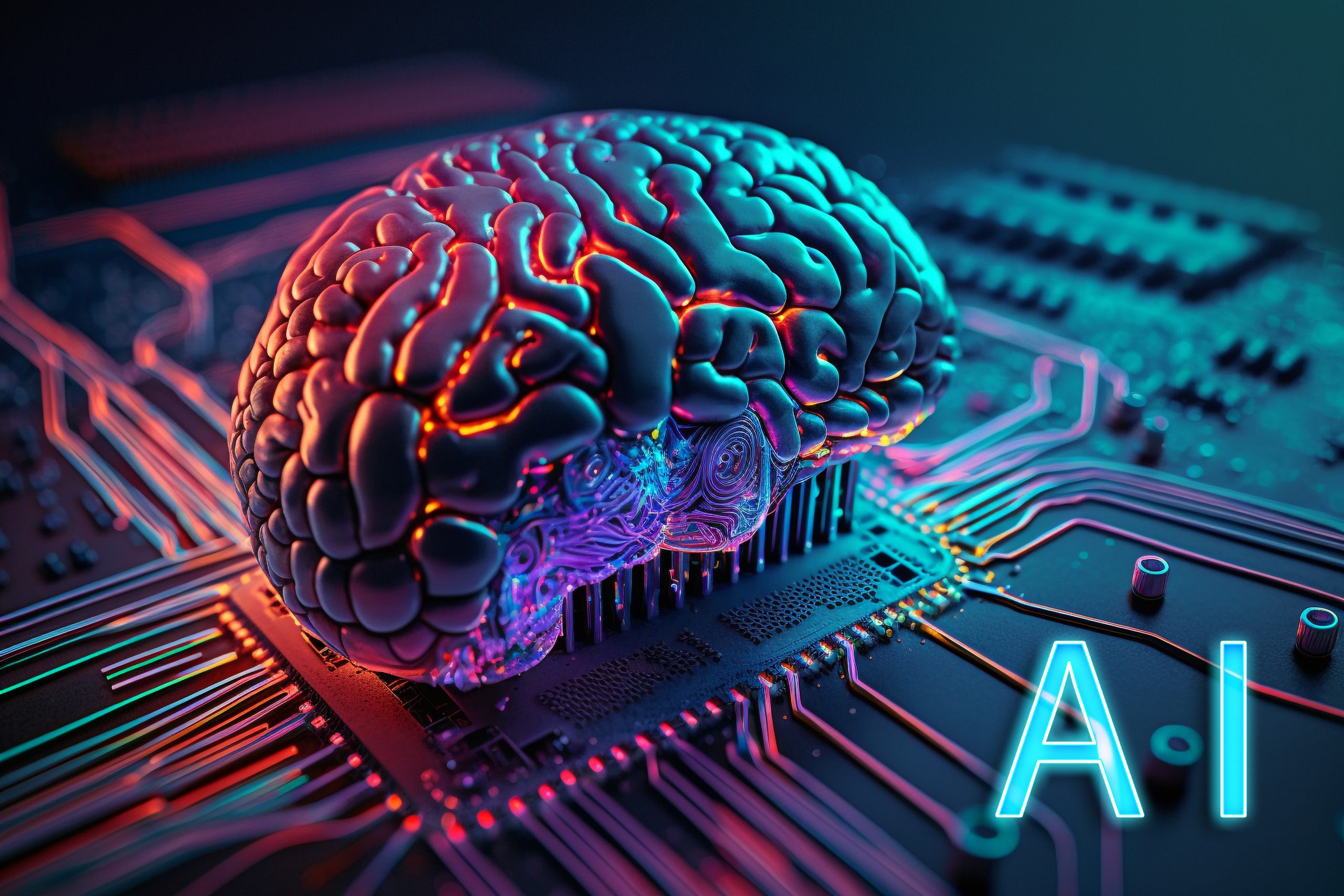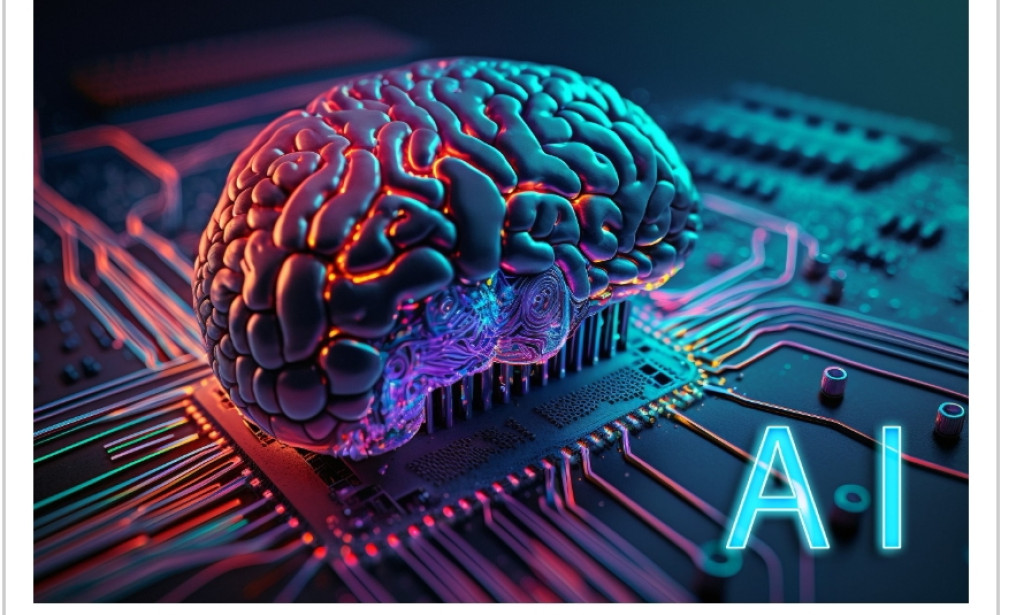
Artificial Intelligence (AI) has emerged as a game-changing technology that is transforming industries and reshaping the future. With its ability to mimic human intelligence and automate complex tasks, AI is revolutionizing various sectors and paving the way for unprecedented advancements. This article explores the rise of AI, its transformative impact on industries, and the implications it holds for our future.
1. AI Revolutionizing Industries: AI is disrupting industries across the board by introducing automation, improving efficiency, and enabling data-driven decision-making. In healthcare, AI-powered algorithms can analyze medical data to enhance diagnostics, develop personalized treatment plans, and accelerate drug discovery. In finance, AI algorithms enable fraud detection, algorithmic trading, and personalized banking experiences. AI is also revolutionizing manufacturing through autonomous robots and predictive maintenance, optimizing production processes and minimizing downtime.
2. Enhancing Customer Experience: AI technologies, such as natural language processing and machine learning, are redefining customer experiences. Chatbots and virtual assistants provide instant and personalized customer support, improving response times and reducing human errors. AI-powered recommendation systems analyze user behavior and preferences to offer tailored product recommendations, enhancing customer satisfaction and driving sales. Virtual reality and augmented reality, powered by AI, are transforming the way we shop, travel, and experience entertainment.
3. Shaping the Future of Work: AI is reshaping the job landscape, automating repetitive tasks, and augmenting human capabilities. While some jobs may become obsolete, new roles and opportunities will emerge. AI can handle data analysis, enabling professionals to focus on strategic decision-making. It can assist in complex research and development processes, enabling scientists to accelerate discoveries. However, it is crucial to address the ethical and societal implications of AI, including job displacement and the need for reskilling and upskilling the workforce.
4. Ethical Considerations and Challenges: As AI becomes more powerful, ethical considerations become paramount. Fairness, transparency, and accountability are crucial when developing AI systems to avoid bias and discrimination. Protecting data privacy and ensuring robust cybersecurity measures are essential. Moreover, AI's impact on employment and socio-economic inequality must be addressed through policies and initiatives that promote inclusive growth and support affected individuals.
The rise of artificial intelligence is transforming industries and reshaping the future in remarkable ways. From healthcare to finance, customer experience to the future of work, AI is revolutionizing the way we live, work, and interact with technology. As we embrace the potential of AI, it is vital to navigate the ethical considerations and challenges, ensuring responsible development and deployment. By harnessing the power of AI wisely, we can unlock its full potential, fostering innovation, and building a future that benefits all of humanity.


You must be logged in to post a comment.